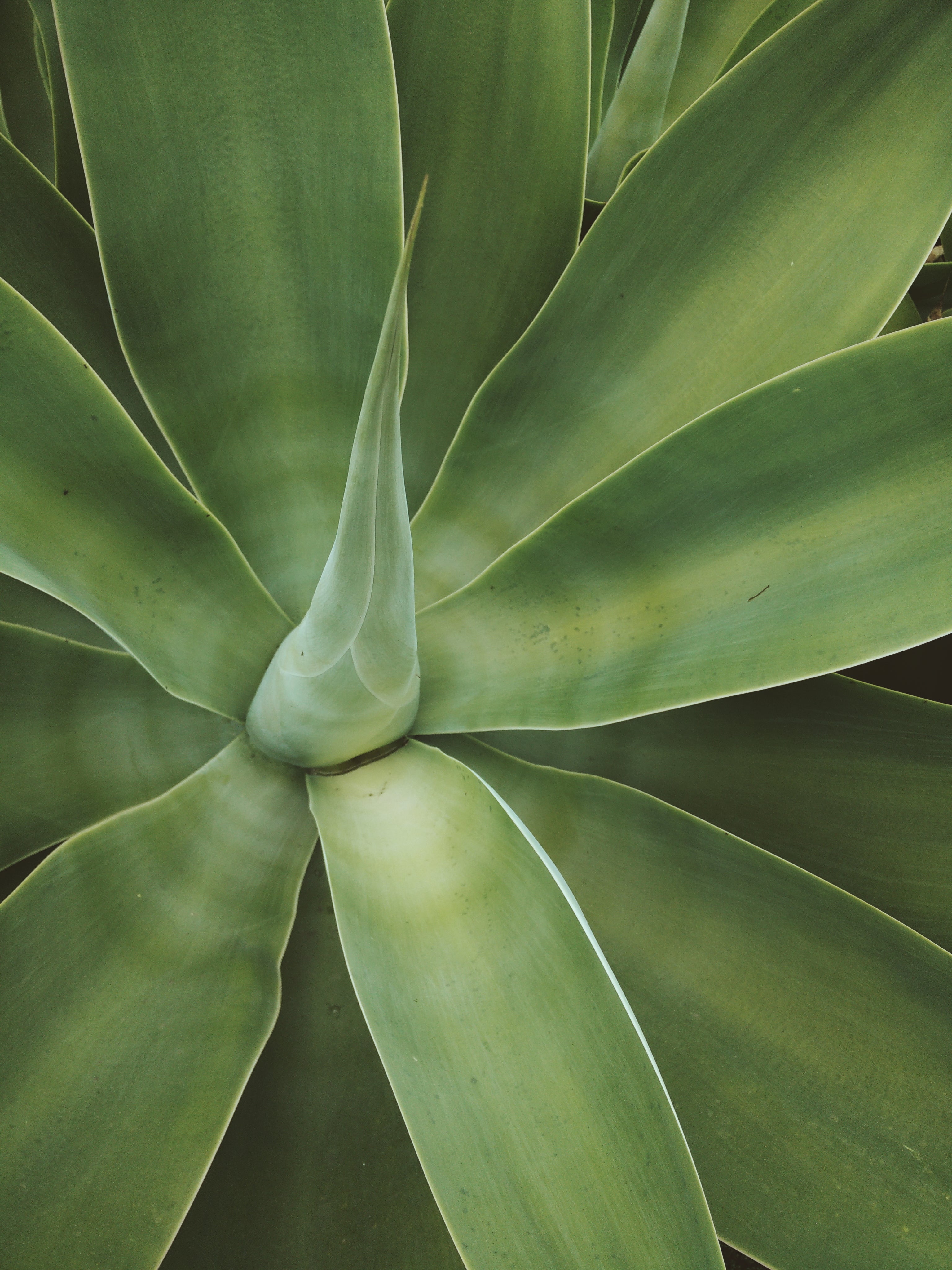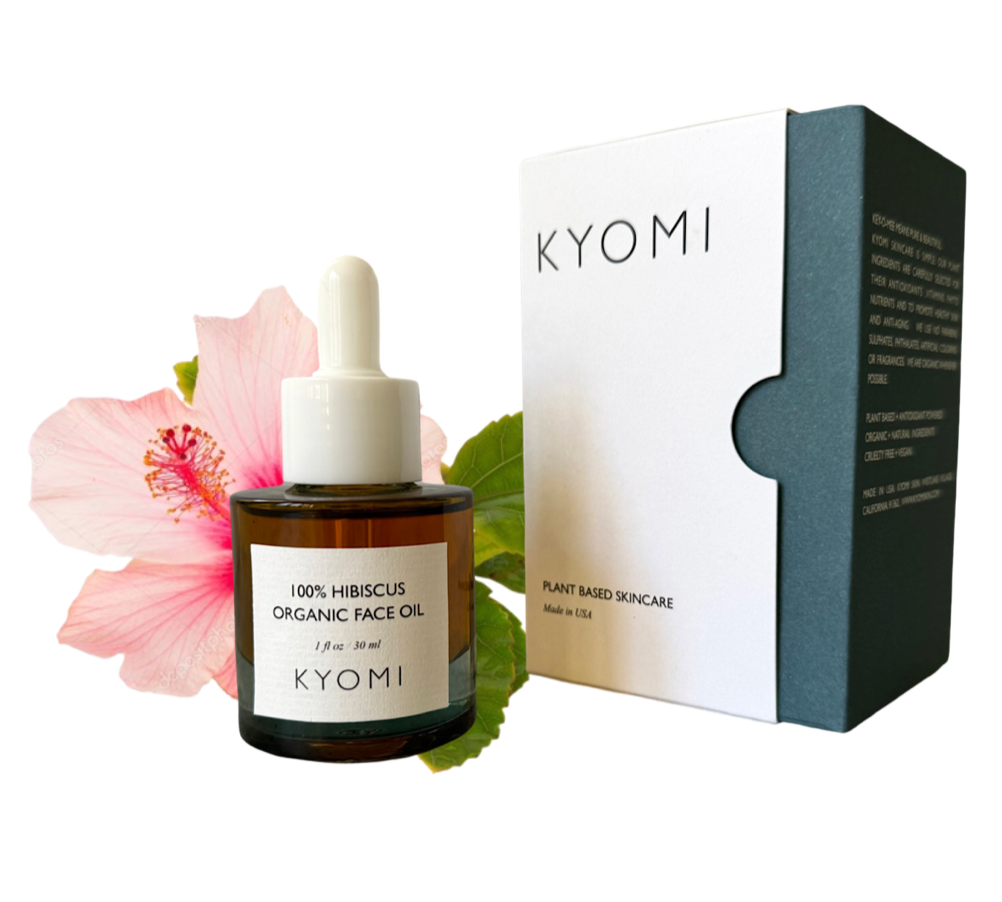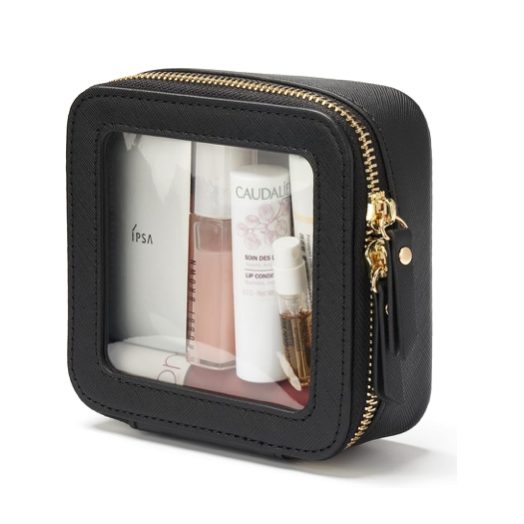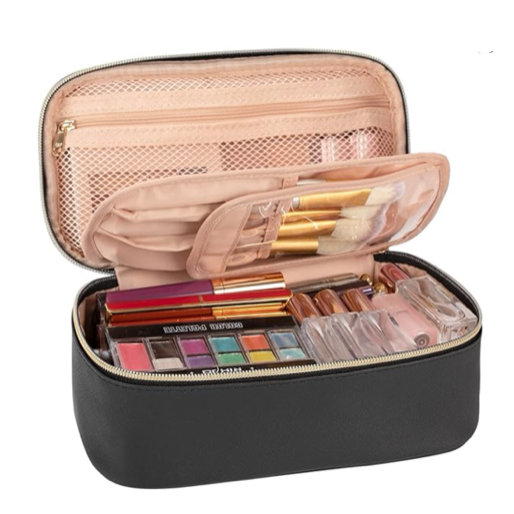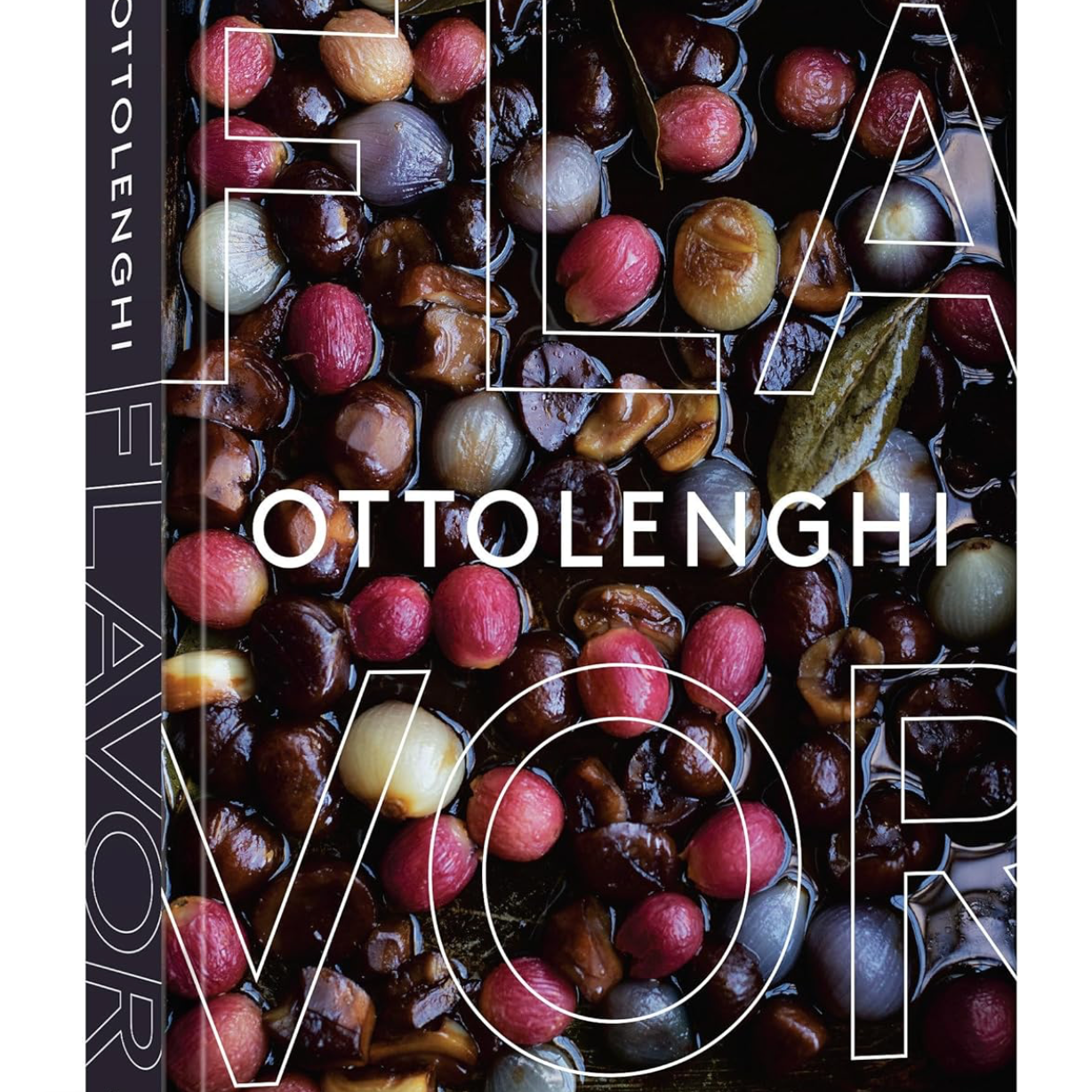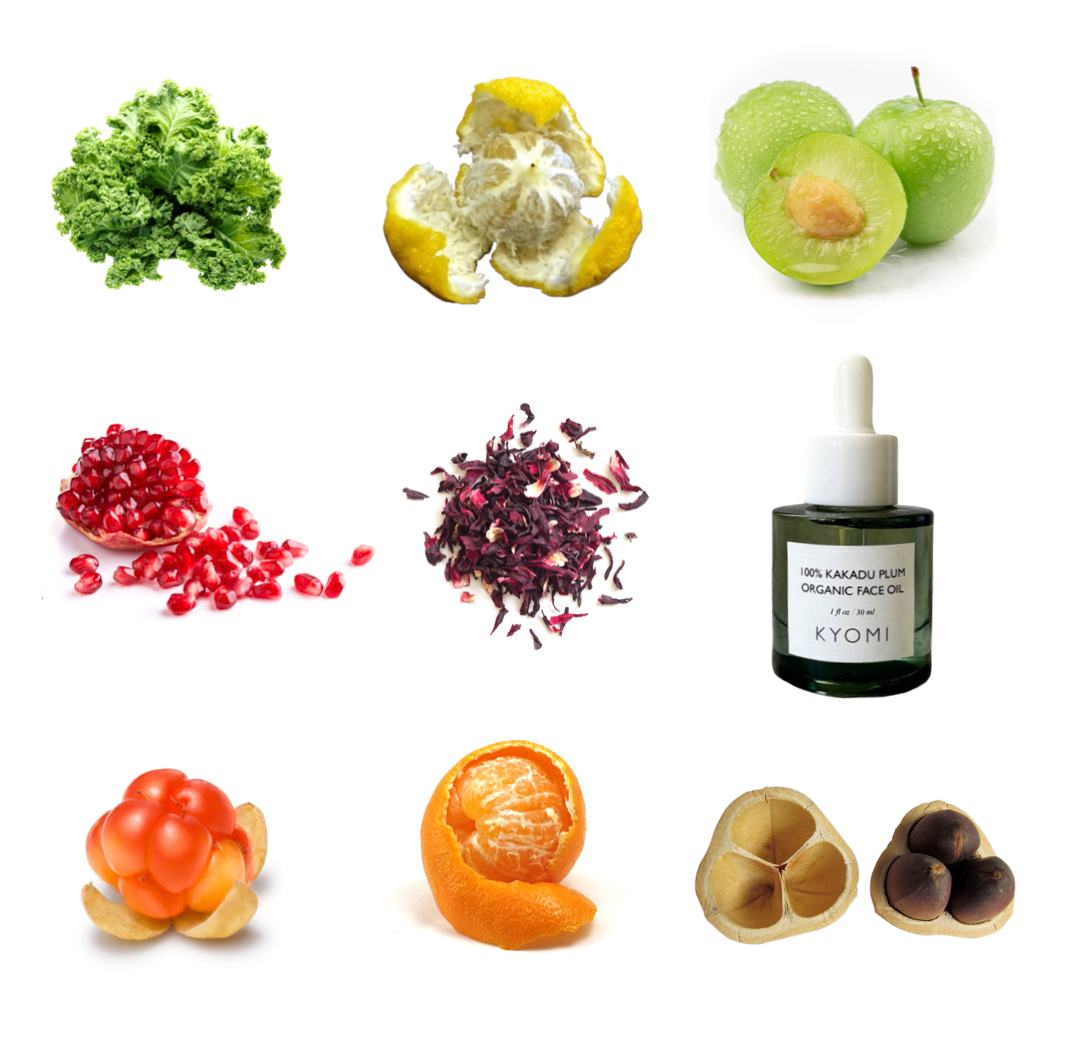Hibiscus has been called the “Botox plant” for decades in beauty circles, and it’s easy to see why. This stunning tropical bloom doesn’t just brighten up gardens—it holds secrets for glowing, youthful skin. When pressed into oil, Hibiscus sabdariffa seeds create a golden elixir packed with antioxidants, vitamins, and fatty acids that work wonders for your face.
As natural skincare surges in popularity, hibiscus oil is quickly emerging as a hero ingredient. But is it just hype, or does science back its benefits? This article explores what hibiscus oil can do for your skin, how to use it, and why it might deserve a permanent spot on your vanity.
What Is Hibiscus Oil and Why Is It Special?
Hibiscus oil is derived from the seeds of the Hibiscus sabdariffa plant through a cold-press extraction process. Unlike hibiscus flower extracts—which are water-soluble and often found in toners or serums—hibiscus seed oil is lipid-based. This means it can penetrate deeply into the skin’s layers, delivering hydration and nutrients where they’re needed most.
It’s rich in:
-
Anthocyanins (powerful antioxidants)
-
Vitamin C (brightening and collagen-boosting)
-
Essential fatty acids like linoleic and oleic acid
-
Plant peptides that support elasticity
These bioactive compounds make hibiscus oil an all-in-one solution for anti-aging, hydration, and skin tone improvement.
1. Fights Signs of Aging Naturally
One of hibiscus oil’s most celebrated benefits is its ability to minimize the appearance of fine lines and wrinkles. This is thanks to its potent antioxidant content, particularly anthocyanins, which protect skin cells from free radical damage.
Aging skin loses collagen and elastin, leading to sagging and lines. Antioxidants slow this breakdown by neutralizing oxidative stress. A 2014 review in Pharmacognosy Reviews confirmed hibiscus’s high antioxidant activity, suggesting its potential in anti-aging formulations (Mahadevan et al., 2014).
Unlike Botox or retinoids, hibiscus oil offers a gentler, plant-based alternative to maintain youthful skin.
2. Natural Exfoliation with Alpha Hydroxy Acids (AHAs)
Hibiscus is one of the few plants naturally rich in AHAs, which gently slough off dead skin cells and encourage cell renewal. Although the oil form contains fewer AHAs than flower extracts, it still supports smoother, more radiant skin with regular use.
AHAs can help:
-
Fade dark spots and discoloration
-
Refine skin texture
-
Unclog pores
According to Zhao et al. (2017) in Journal of Clinical and Aesthetic Dermatology, AHAs are proven to improve epidermal thickness and boost collagen production.
3. Hydrates and Strengthens the Skin Barrier
Dry, flaky skin often stems from a compromised moisture barrier. Hibiscus oil is abundant in essential fatty acids, particularly linoleic acid, which replenishes the skin’s lipid layer.
This strengthened barrier helps:
-
Lock in hydration
-
Protect against environmental aggressors
-
Reduce sensitivity and irritation
A 2020 study in the International Journal of Molecular Sciences highlighted the critical role of fatty acids in maintaining skin barrier function (Fluhr et al., 2020). For people with dry, sensitive, or mature skin, hibiscus oil acts like a cushion against daily stressors.
4. Promotes a Brighter, More Even Complexion
Hyperpigmentation, sunspots, and dullness are common skin concerns. Hibiscus oil combats these with its combination of vitamin C and gentle exfoliation. Vitamin C inhibits excess melanin production, which can reduce dark spots over time.
The result? A visibly brighter, more uniform skin tone.
5. Soothes Inflammation and Calms Sensitive Skin
Hibiscus oil also contains flavonoids and polyphenols with proven anti-inflammatory effects. For those with reactive skin, this can mean reduced redness, less irritation, and an overall calmer complexion.
Onyenekwe et al. (2016) showed that hibiscus extract demonstrated significant anti-inflammatory activity in Pharmaceutical Biology. While studies on hibiscus oil are fewer, its traditional use for soothing skin suggests similar benefits.
6. Supports Skin Elasticity and Firmness
Hibiscus’s nickname, “the Botox plant”, isn’t entirely without merit. Its plant peptides and antioxidants help maintain skin’s elasticity by supporting collagen production. This can lead to firmer, plumper skin over time.
A 2012 study in Molecules noted the ability of plant peptides to stimulate fibroblast activity, which plays a crucial role in keeping skin taut and youthful (Hou et al., 2012).
How to Use Hibiscus Oil in Your Skincare Routine
As a Daily Face Oil
-
Apply 2-3 drops to clean, damp skin as the final step in your routine (or before sunscreen in the morning).
Mixed Into Moisturizer
-
Boost your cream by adding a few drops of hibiscus oil for extra hydration and antioxidant protection.
Overnight Treatment
-
Use it as a sleeping mask alternative to deeply nourish and repair skin overnight.
As a Natural Makeup Primer
-
Its lightweight texture smooths and preps the skin for makeup application, adding a dewy glow.
Who Should Use Hibiscus Oil?
Hibiscus oil works beautifully for most skin types:
✅ Dry or mature skin: Deeply nourishing and firming
✅ Dull, uneven skin tone: Brightening and exfoliating
✅ Sensitive skin: Soothing and barrier-strengthening
⚠️ For oily or acne-prone skin, it’s best to patch test first. While hibiscus oil is generally non-comedogenic, some individuals may find it too rich.
Choosing the Best Hibiscus Oil
To get the full benefits, look for:
-
Cold-pressed and unrefined oil
-
Organic certification (no pesticides or chemicals)
-
Dark glass packaging to protect from light oxidation
-
Minimal ingredient list (should contain only hibiscus oil without fillers)
Potential Side Effects
Hibiscus oil is generally well-tolerated. However:
-
Perform a patch test before first use.
-
Avoid using on broken or irritated skin.
-
Store in a cool, dark place to prevent oxidation.
FAQs About Hibiscus Oil
Is hibiscus oil safe for daily use?
Yes, hibiscus oil can be used daily, morning or night, depending on your skin’s needs.
Can I use hibiscus oil with retinol or vitamin C?
Hibiscus oil pairs well with most active ingredients. However, since it contains natural vitamin C and AHAs, monitor for sensitivity when using with strong exfoliants.
Does hibiscus oil clog pores?
Hibiscus oil is considered lightweight and is unlikely to clog pores, but individual reactions vary. Always patch test if you’re prone to breakouts.
Final Thoughts: Is Hibiscus Oil Worth Trying?
Hibiscus oil is more than just a passing trend—it’s a time-tested, scientifically supported ingredient for achieving healthy, glowing skin. Its ability to hydrate, brighten, firm, and protect makes it a multitasking powerhouse in natural skincare.
Whether you’re looking for a gentle anti-aging solution or a way to revive a tired complexion, hibiscus oil offers a floral, plant-based answer that fits seamlessly into your routine.
References
-
Mahadevan, N., & Shivali. (2014). Hibiscus sabdariffa Linn.–An overview. Pharmacognosy Reviews, 8(15), 77–80.
-
Zhao, Y., et al. (2017). Effects of alpha hydroxy acids on photoaged skin: A review. Journal of Clinical and Aesthetic Dermatology, 10(7), 14–17.
-
Fluhr, J. W., et al. (2020). Role of fatty acids in maintaining skin barrier integrity. International Journal of Molecular Sciences, 21(17), 6329.
-
Hou, W., et al. (2012). Plant peptides as bioactive agents: A review. Molecules, 17(11), 12367–12390.
-
Onyenekwe, P. C., et al. (2016). Anti-inflammatory activity of Hibiscus sabdariffa aqueous extract. Pharmaceutical Biology, 54(12), 2985–2990.

